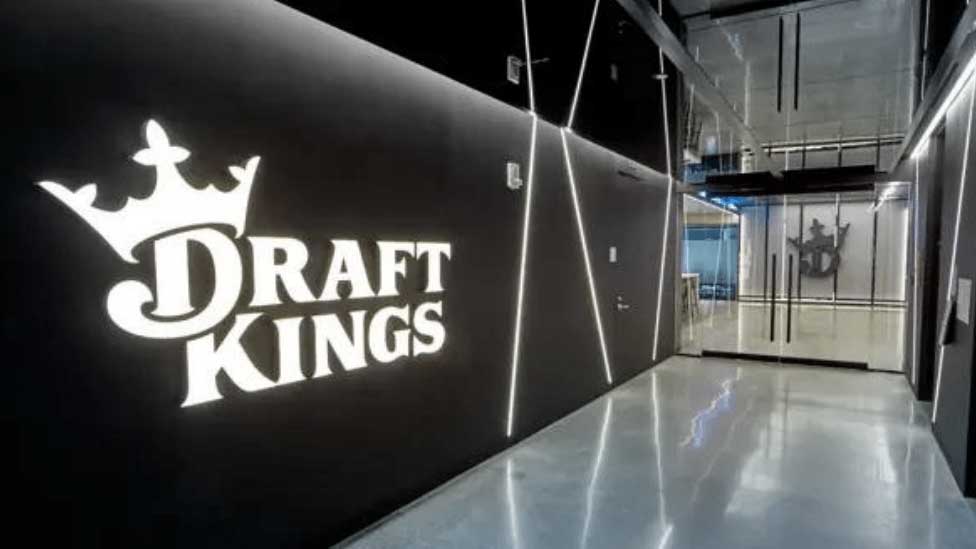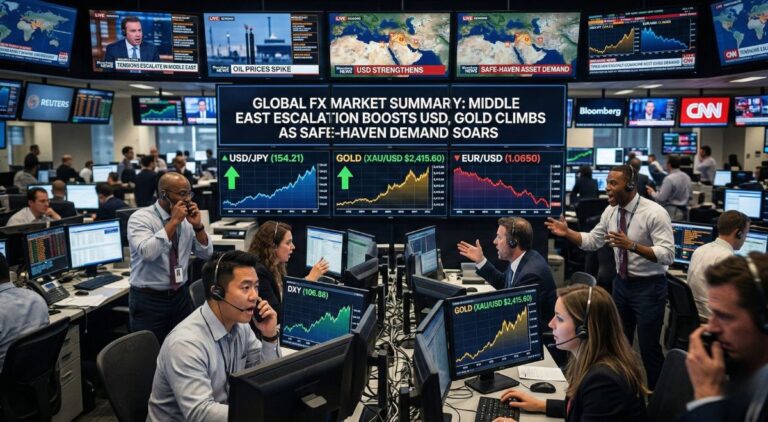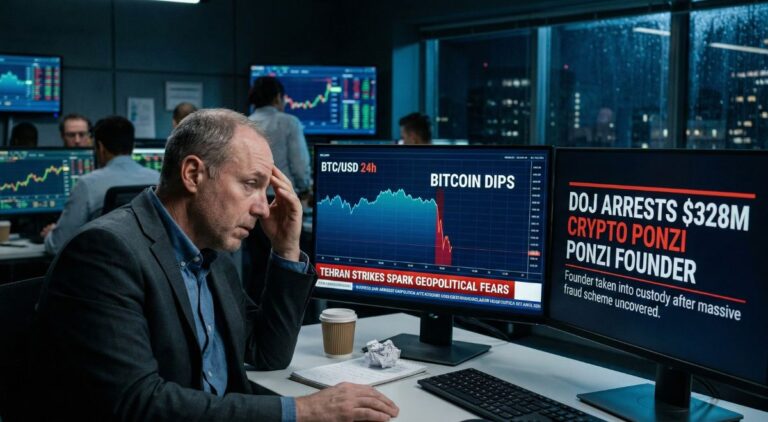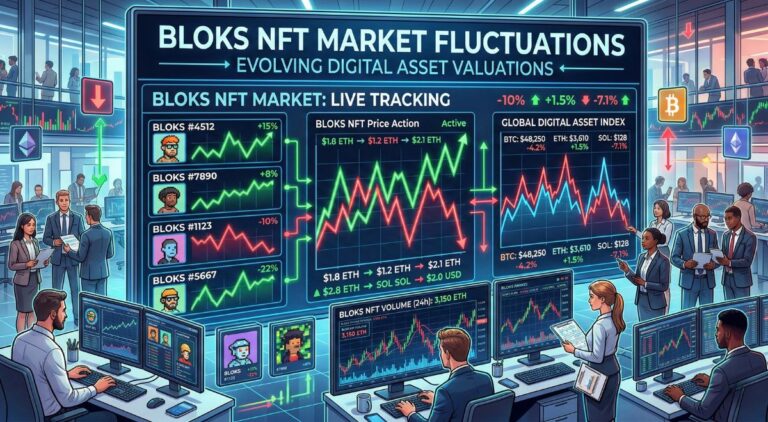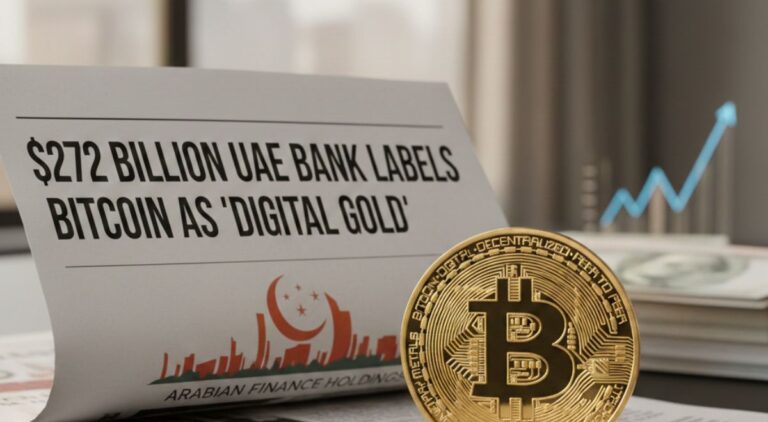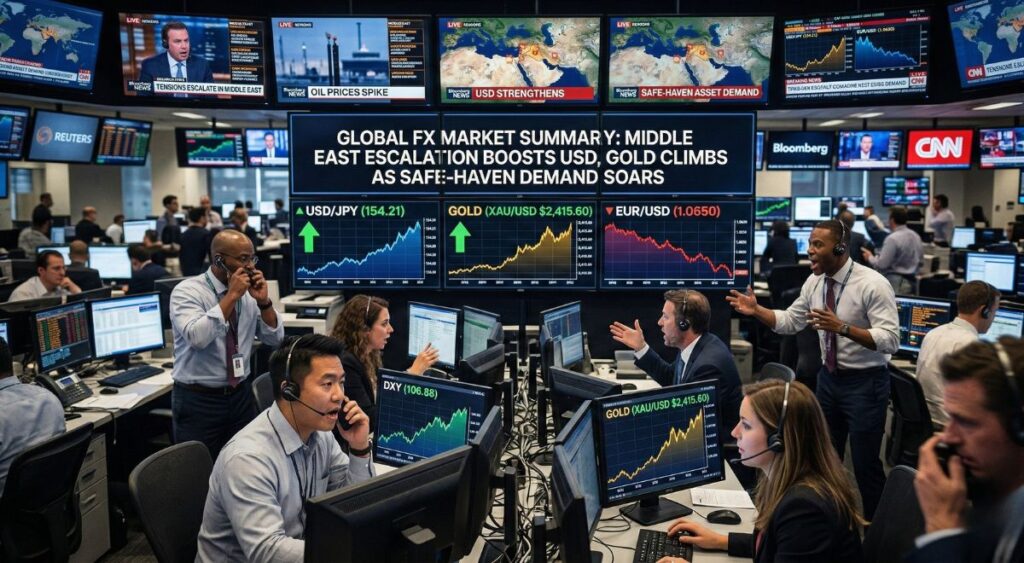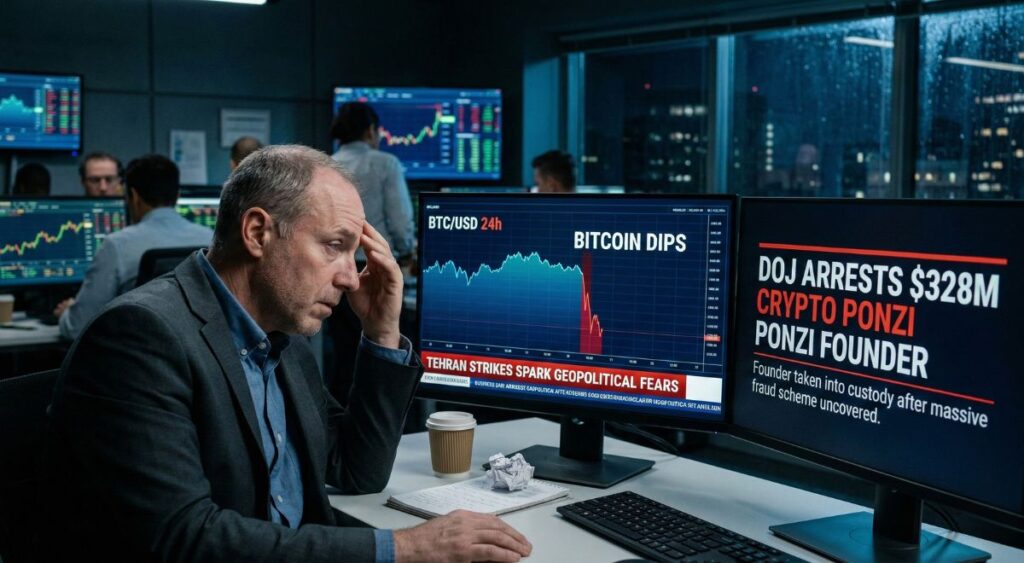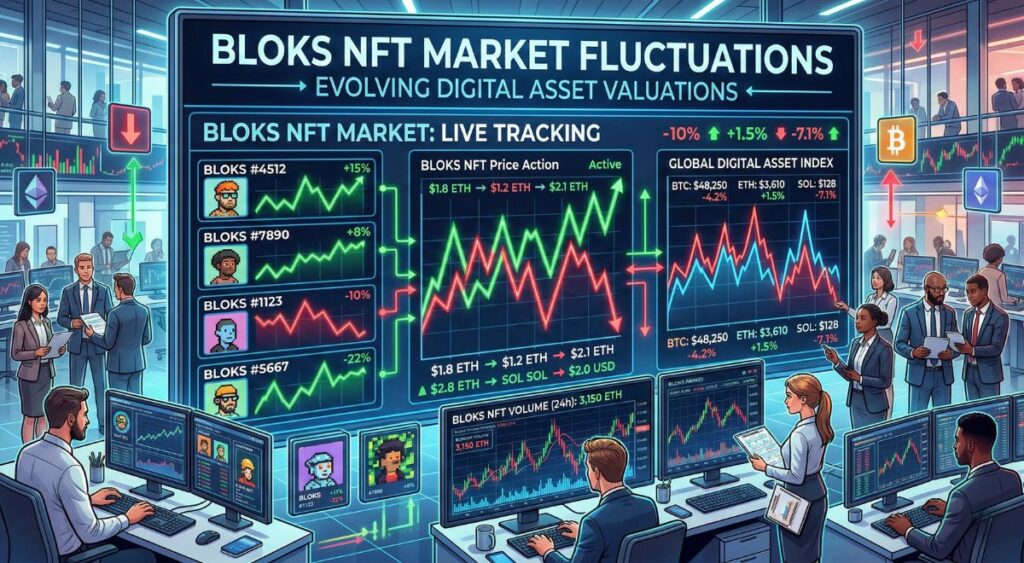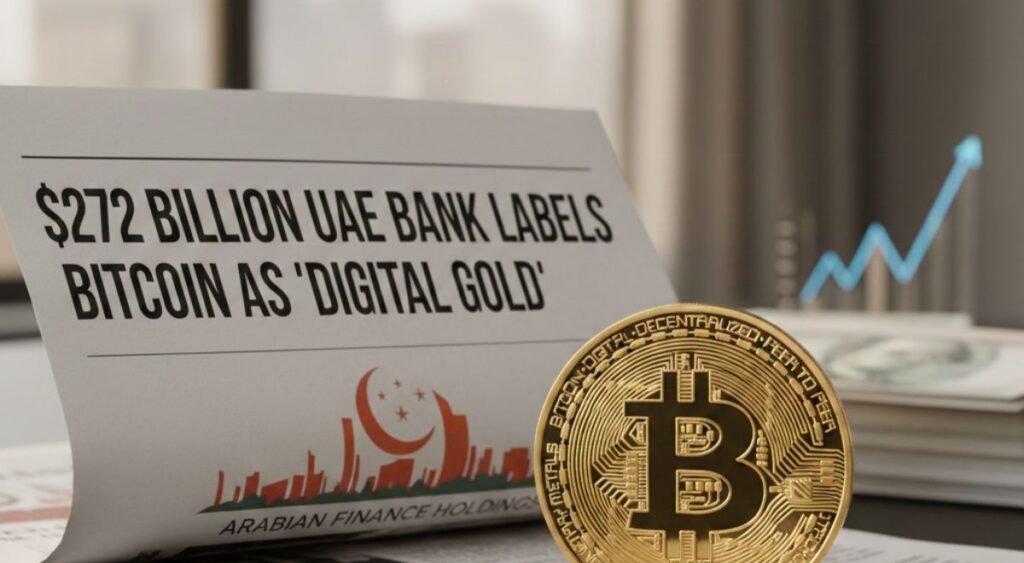Boston, MA – A high-profile investor in DraftKings’ now-shuttered NFT marketplace is challenging a proposed $10 million class action settlement, calling it fundamentally flawed and unfair to affected users.
In a formal objection filed on July 14, Massachusetts resident Brad Wyatt, once among the top 10 holders of NFL Reignmaker NFTs, criticized the terms of the settlement—specifically the Plan of Allocation that determines how much each investor will receive from the payout pool. Wyatt’s three-page court filing argues that the compensation formula misrepresents economic harm and penalizes some investors through unjustified deductions.
The Heart of the Dispute: “Prize Receipts” Formula
At the center of Wyatt’s objection is the plan’s inclusion of “Prize Receipts” (PR)—rewards earned from fantasy contests run on DraftKings—as a deduction from an investor’s total eligible losses. Wyatt contends this methodology skews the calculation of “Individual Recognised Loss” (IR) and unfairly reduces payouts for NFT buyers, regardless of whether their prizes were realized in cash or merely notional values.
“Prize Receipts are unrelated to the actual NFT investments at the core of this case,” Wyatt wrote. “Including them does not offset the economic harm suffered by class members in the purchase and sale of what the lawsuit alleges were unregistered securities.”
Background: Class Action Over NFT Securities Claims
The class action lawsuit, led by plaintiff Justin Dufoe, accuses DraftKings of violating federal securities laws by offering NFTs—particularly those in the Reignmaker collection—as unregistered investment contracts. Though DraftKings has denied any wrongdoing, the company agreed to a mediated settlement in April, which included:
A $10 million compensation fund for affected users
Up to $50,000 in service awards
25% reserved for attorneys’ fees
The company closed its NFT marketplace in March 2024, shortly after a federal judge refused to dismiss the case—a move that Dufoe’s legal team suggested reflected DraftKings’ acknowledgment of litigation risk.
Wyatt: $252K in “Prizes” Shouldn’t Count as Real Recovery
According to transaction records submitted by DraftKings, Wyatt spent approximately $462,000 on NFTs through primary and secondary markets. He only received $245,000 back through resale and marketplace closure reimbursements. DraftKings also calculated that Wyatt had received roughly $252,000 in “Prize Receipts”, which were used to offset his total losses—effectively reducing his potential payout.
Wyatt disputes the validity of those numbers, claiming that DraftKings inflated the fair market value of the fantasy contest prizes, many of which were non-cash and speculative. He argued that counting these as “recoveries” skews the outcome for NFT investors and undermines the principle of equitable restitution.
“The formula unfairly favors DraftKings,” he wrote, urging the court to revise the allocation model and exclude Prize Receipts entirely from loss calculations.
Growing Dissent Among Class Members
Wyatt’s filing marks the third formal objection to the settlement, with two earlier challenges filed in May. Though the overall structure of the settlement remains intact for now, increasing dissent could pressure the court to revisit the fairness and accuracy of the compensation model.
Dufoe’s legal team, however, maintains that the settlement is an “outstanding result” given the unsettled legal terrain surrounding NFTs and securities laws.
What Comes Next?
A final approval hearing has yet to be scheduled. Under court rules, objections will remain open until 21 days before the hearing date, giving other class members time to raise concerns. Ultimately, the court will determine whether the settlement is fair, reasonable, and adequate, weighing the arguments from both supporters and objectors like Wyatt.
As regulatory scrutiny over NFTs continues and legal frameworks remain murky, the DraftKings case—and the fallout from its failed marketplace—could serve as a defining precedent for how companies and courts treat digital collectibles in the financial landscape.

